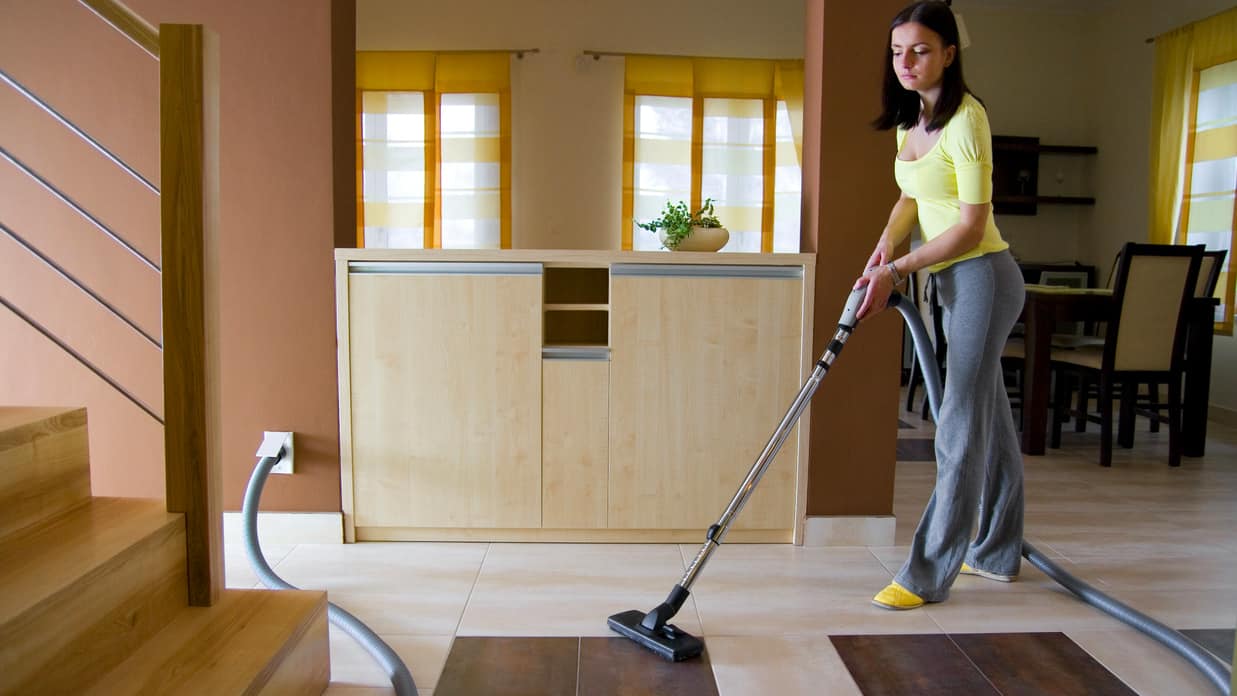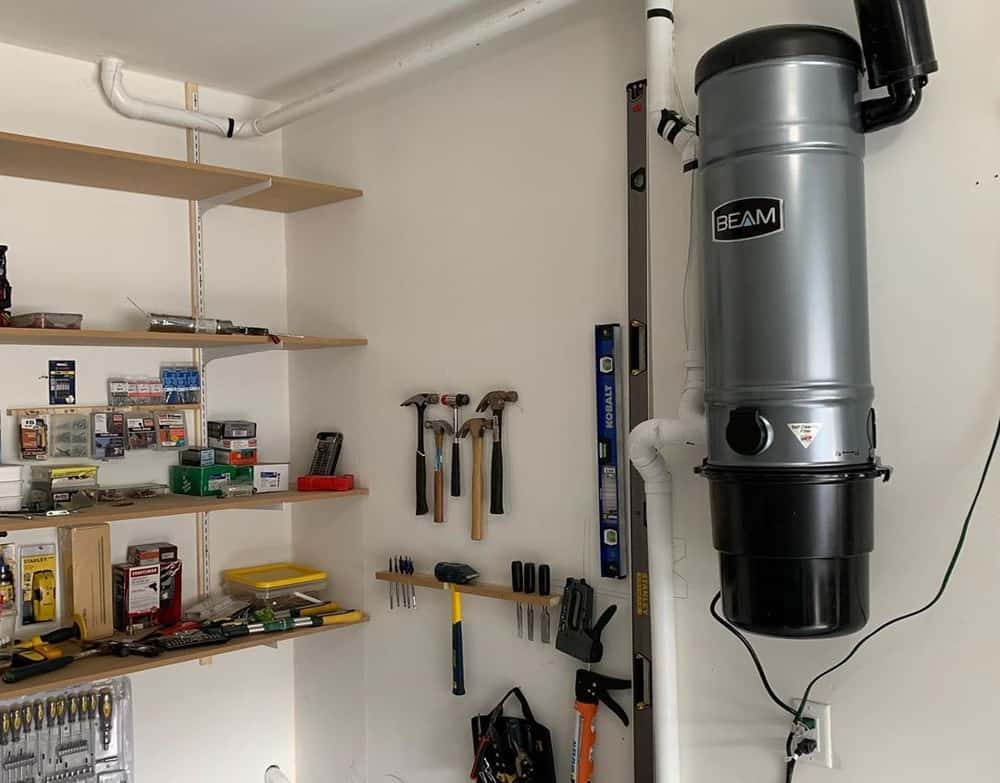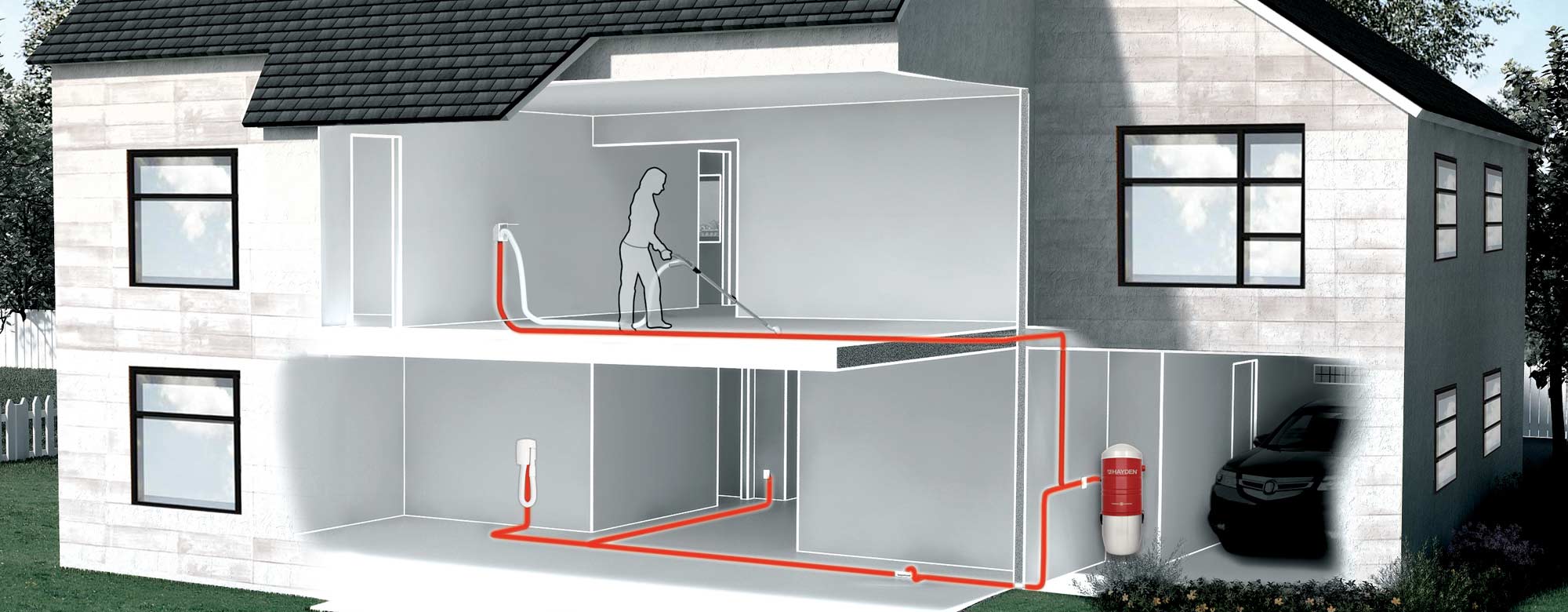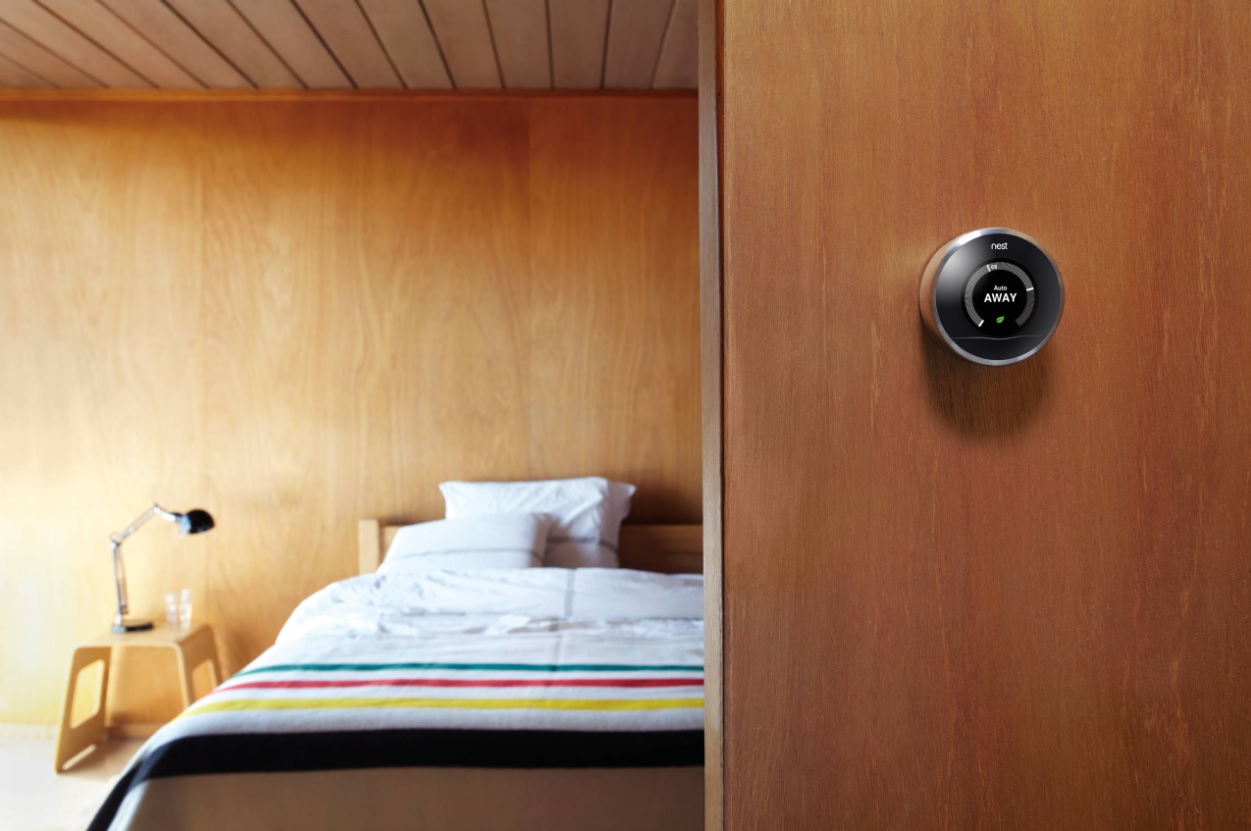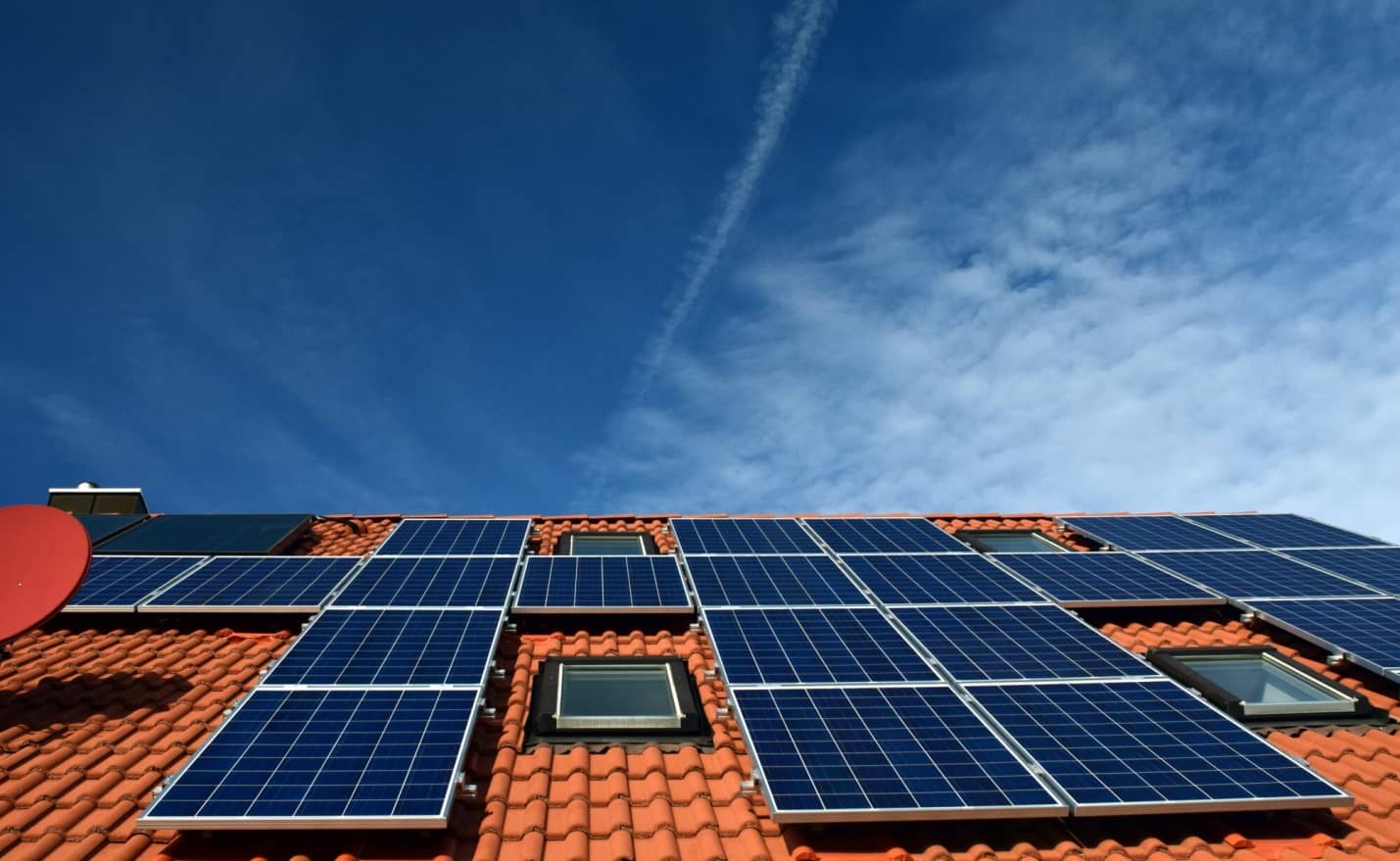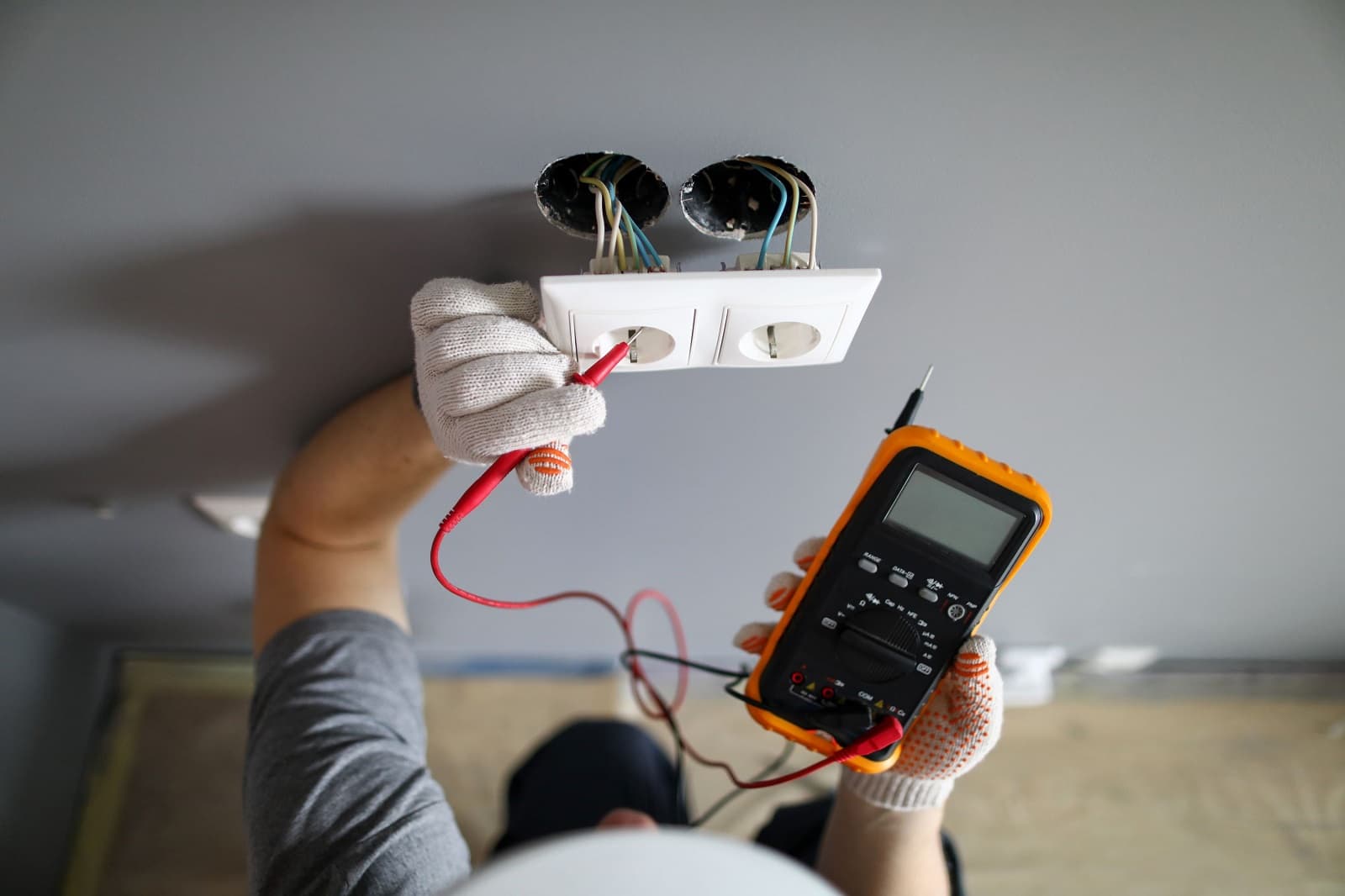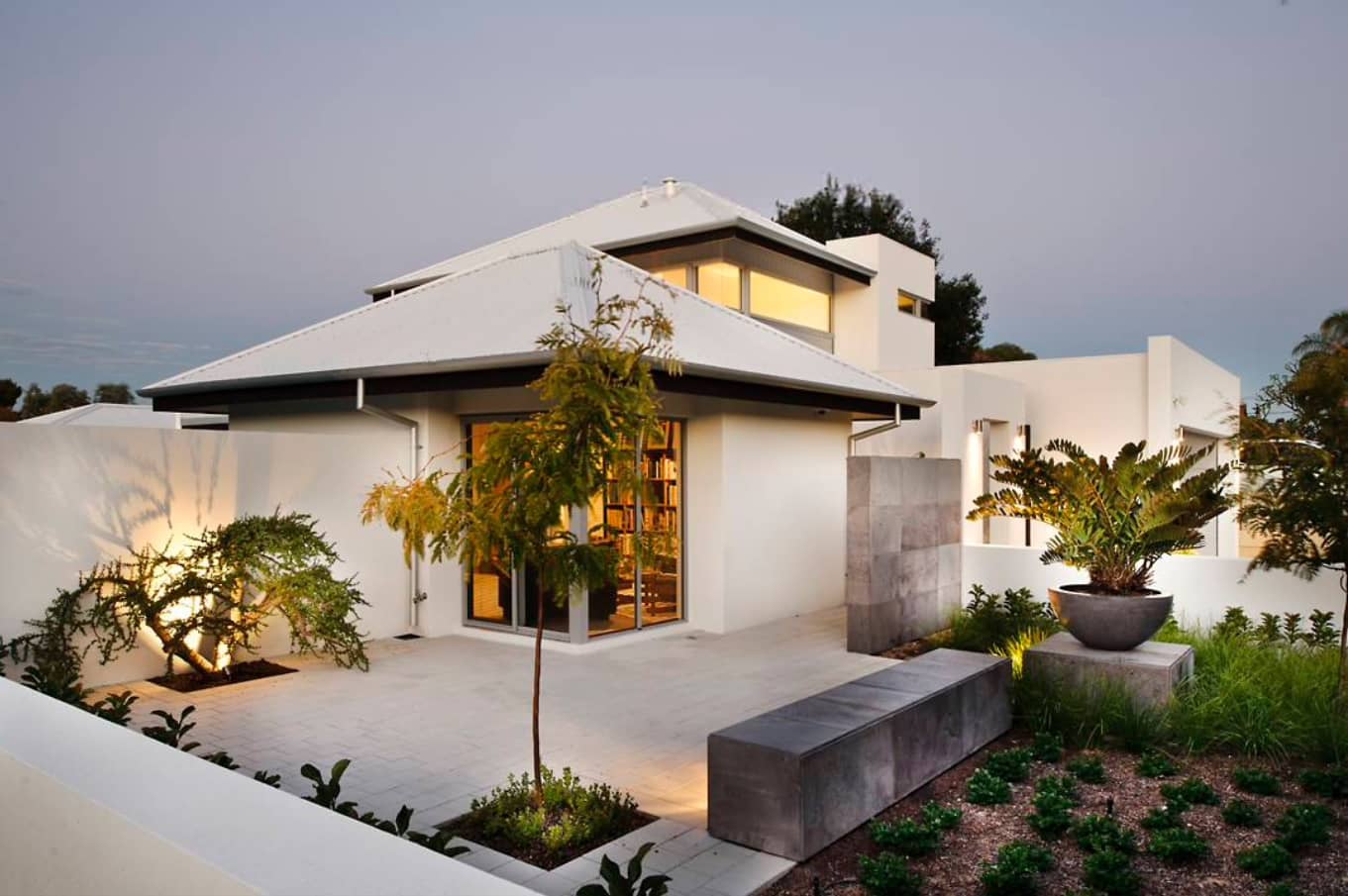Regularly cleaning your home will promote hygiene and make your spaces more welcoming to your family and guests. To most people, lugging a vacuum around the house is a turn-off. If you are in this category, then it’s time to consider investing in a central vacuum cleaner.
With so many types of central vacuum systems in the market, it is obvious the choice is not that easy to make. Luckily, here is an informative article that contains useful information on central vacuum systems.
But before we look at the factors you should consider, let us discuss how a central vacuum cleaner works.
How a Central Vacuum Cleaner Works
Advanced central vacuum cleaners are designed to ease home cleaning by sucking dust particles into tubing that are tucked in strategic positions on the floors and walls. These tubes are connected to a central dust canister that is located away from home.
Several air inlet valves are installed in different locations on the walls and floors such that when you connect the hose, the system is activated. The motor also comes to life and sucks up the dust and other forms of debris from the surfaces into the tubes and finally to the central dust canister. This canister is large enough to accumulate a vast amount of dust. You might only need to empty it 4-5 times a year.
On the other hand, the motor in this advanced cleaner is more powerful than the conventional vacuum cleaner but quieter.
Advantages of a Central Vacuum Cleaner
Now that you have a clear understanding of how this advanced cleaner works, let us shift gears and look at some of the benefits of installing it.
Zero Noise Pollution
Since the motors are located outside the main house, it can vacuum your home without producing any noise. You will only hear the suction sound as the dust is sucked into the tubes.
Promote Indoor Air Quality
Did you know that most of the airborne diseases are caused by poor indoor air quality? Most of the traditional vacuum cleaners are not properly designed, and so some dust particles escape back to the atmosphere through the exhaust outlet. This challenge is commonly referred to as blowback.
The central vacuum cleaner eliminates this challenge by directing all the dust collected to a canister that is located far away from the main house. This aspect reduces any chances of blowback.
User-Friendly
This vacuum cleaner is extremely easy to use, and little prior experience is required. All you need to do is choose the specific location where the inlet valves should be installed to ensure all parts of your home are vacuumed. Most models also come with a manual that you can read if you encounter any challenges.
Reduces Wear and Tear
One of the challenges associated with the hand-held vacuum cleaner is that it can damage your walls and floors as you lug it around. The central vacuum cleaner alienates this problem completely since the dust is sucked up into tubes automatically. You no longer have to carry the heavy cleaner up the stairs or worry about scuffing your walls and floors when cleaning. More importantly, no replacement drive belts are needed, no more tripping on cords, and system blockages.
Less Canister Emptying
As mentioned earlier, the central dust canister is installed away from the main house and is sealed to reduce the chances of spillage of contaminants after cleaning. Due to its large size, you will only need to empty it probably four or five times per year.
Better Mobility
Standard vacuum cleaners are heavy, and this poses a challenge to most people. Luckily, by installing the central vacuum cleaner, all they need to do is lift the hose since the inlet valves are strategically located to make the cleaning process a walk in the park. For example, if you live in a two-story house, each floor can have one or two inlet valves.
Factors to Consider When Purchasing a Central Vacuum System
Hire the Best Installer
Hiring the ideal installer will ensure that you get the utmost value for every dollar that you spend on the system. Consult friends, colleagues, and even neighbors who have, in the past, installed the system to get recommendations. Experience is also another critical factor that you should consider. Please get to know how many years the company has been operating and also check the reviews posted by other customers to see the quality of service to expect from them. Use the internet to do a thorough background check of each company on your list before making your final decision.
Evaluate your Home Needs
Once you narrow down to one installer, schedule an appointment with them to discuss and evaluate your home needs. The installer will help you decide which system is ideal for you based on the size and structural design of your home.
Size of the System
Based on the square footage of your home, the number of rooms, and floors, the installer will be able to decide the ideal size of the system. When making this decision, the installer will consider the amount of suction power required and the type of flooring. For instance, if a carpet covers all the floors, the system should have enough CFM (Cubic Feet per Minute) to dislodge and suck up even the small dust particles in the carpet.
Maintenance
There is no comparison between the cost of repairing and replacing a central vacuum system compared to the conventional vacuum cleaners. The latter is cheaper in the short-term, but you may have to replace it every three years.
On the other hand, the central vacuum cleaner is durable, and you may only need to replace some of the parts after a decade. If well serviced, it can work like new for more than thirty years. It’s this longevity that makes it more competitive compared to the standard vacuum cleaner.
Cost
By now, you know that the central vacuum system is more reliable, efficient, and user friendly compared to the standard vacuum cleaners. But how much does it cost? For a typical home 2500 square fit in size, the cost on averages ranges between $1,000 and $3,000.
Conclusion
With this plethora of information about central vacuum systems, you can confidently go ahead and start scouting for the best system for your home. Be sure to discuss all your needs and preferences with the installer to get the best.

